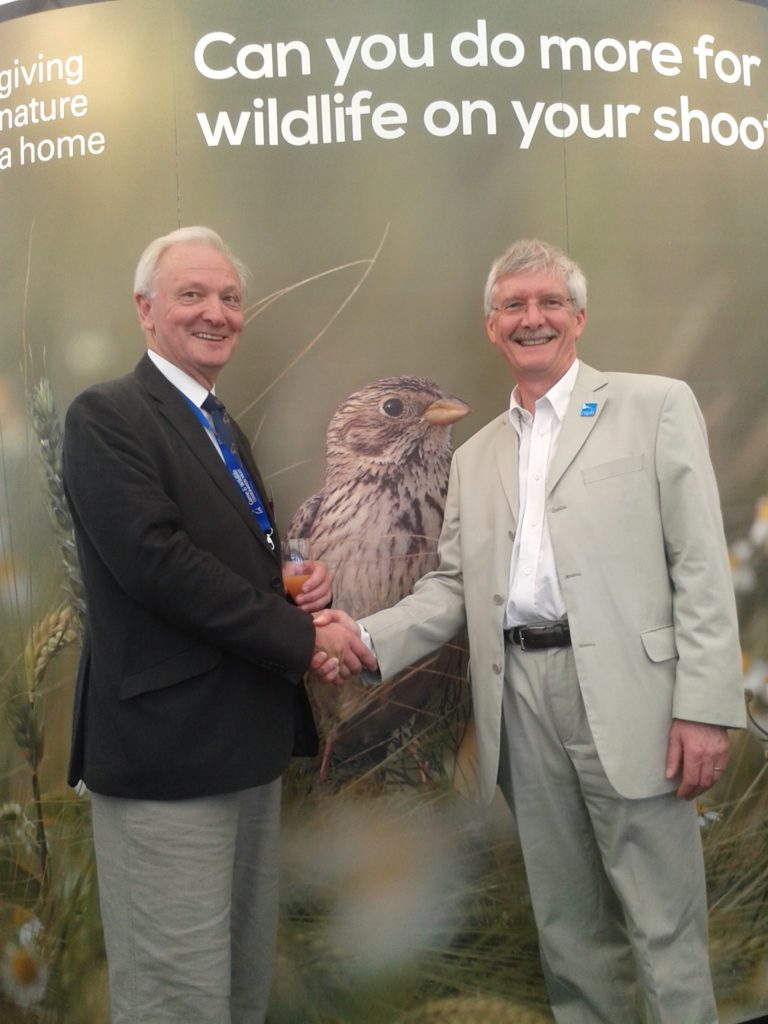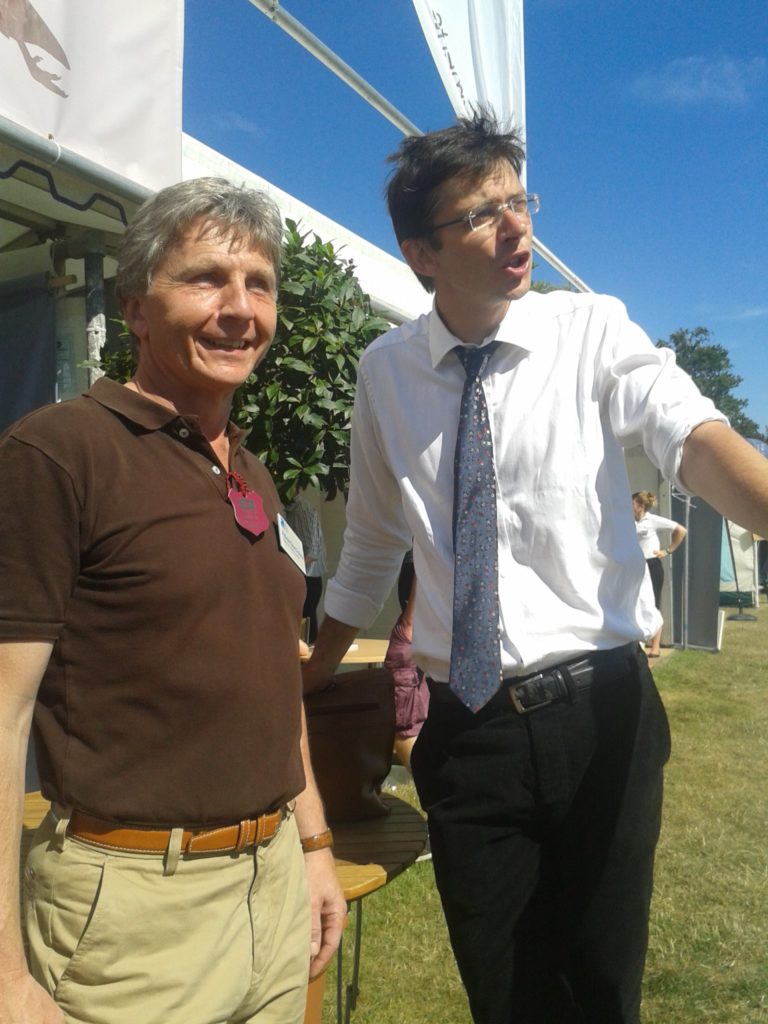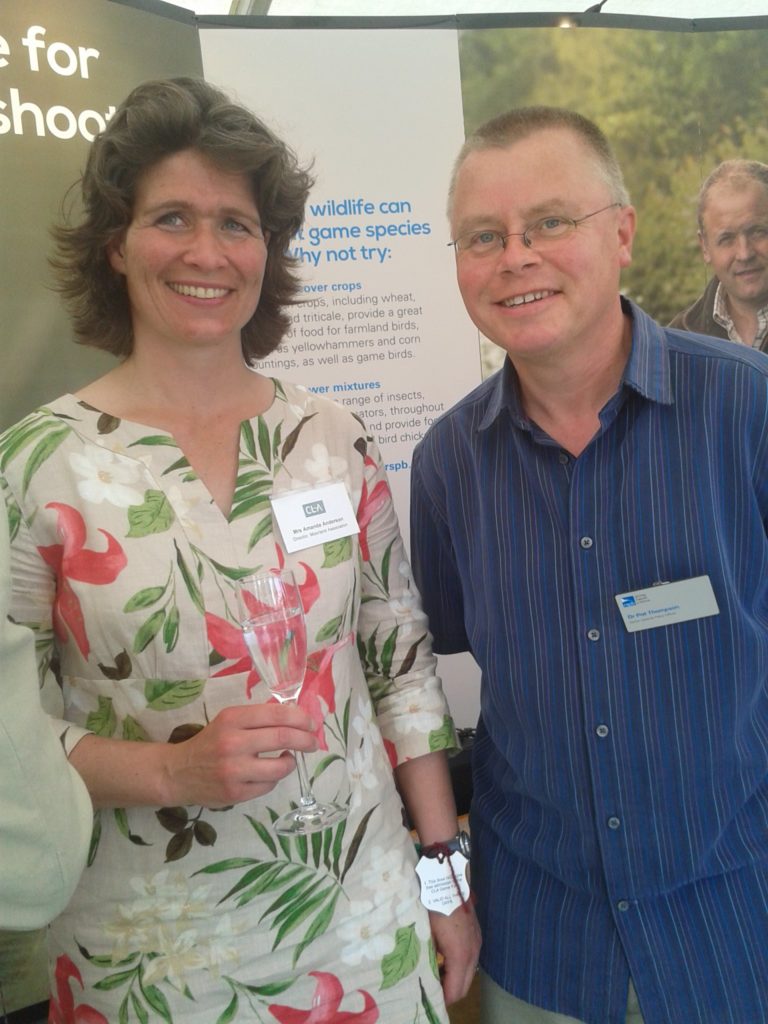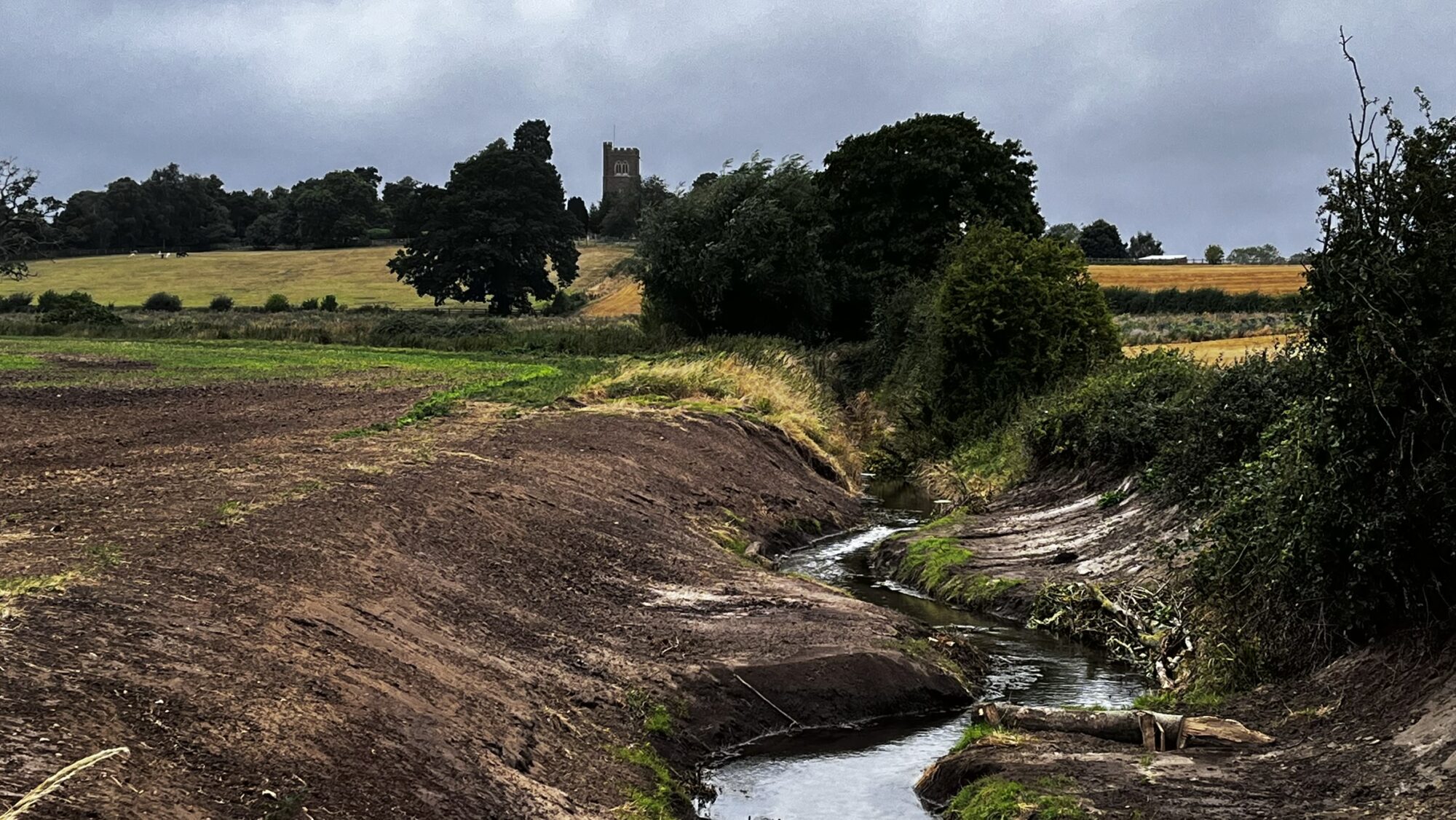
The Game Fair was a meeting place for all those interesting in the countryside.
Not just in fieldsports, but in all conservation activities intrinsic to the countryside. Away from PR departments, media spinners, membership targets, HQ directives; people from conservation NGOs, farming, birding, walking, shooting, hunting, fishing, and a multitude of outdoor interests swapped anecdotal stories, compared notes, and learnt from each other.
It was fertile ground for common ground.
Many of the most positive learning, as well as provocative, face-to-face conversations I’ve had have been at game or Countryfile fairs. The debate tent was a highlight – a world away from divisively aired material via remote faceless media platforms.

We require both evidence-informed science and local knowledge to enable conservation to work today.
Science is vital in conservation in helping allocate funding and guide conservation practice at ‘grass roots’. Satellite tagging (whether cuckoos, hen harriers or woodcock) is one form of data – whereas sharing more citizen data from big garden birdwatch, farmland bird counts, gamebag censuses – can increase engagement and cross-fertilisation between those who may have different values but common purpose in conserving wildlife.

Both these two books are vital – blending scientific evidence from ‘What works in Conservation‘ with the human psychology of ‘Conflicts in Conservation‘ – to help gain traction with land managers of any hue to enhance biodiversity within our human-dominated environment.
If we don’t meet face-to-face so much now, can we at least learn to work together on the next State of Nature report?
Postscript 2020: in a Covid-19 online world, the ease of defaulting to tribalism, risks cancelling out dialogue on working together on conservation. Some ways out
